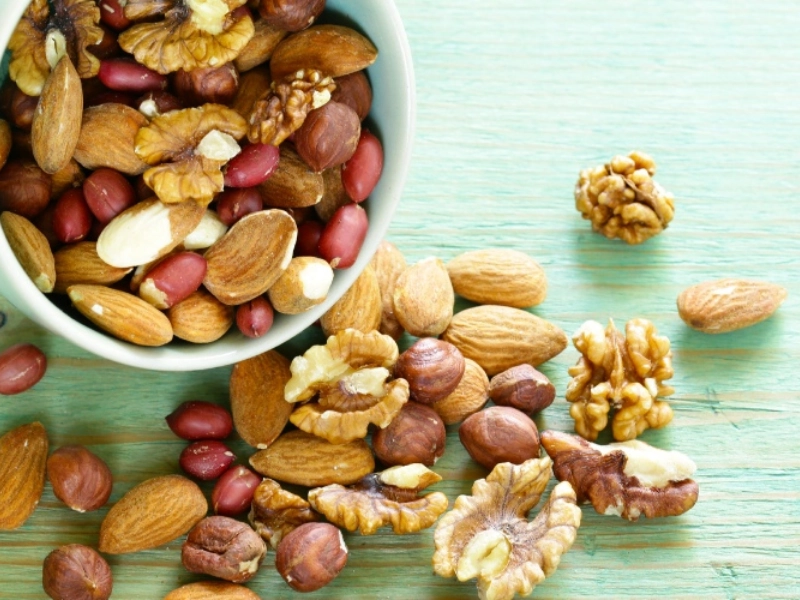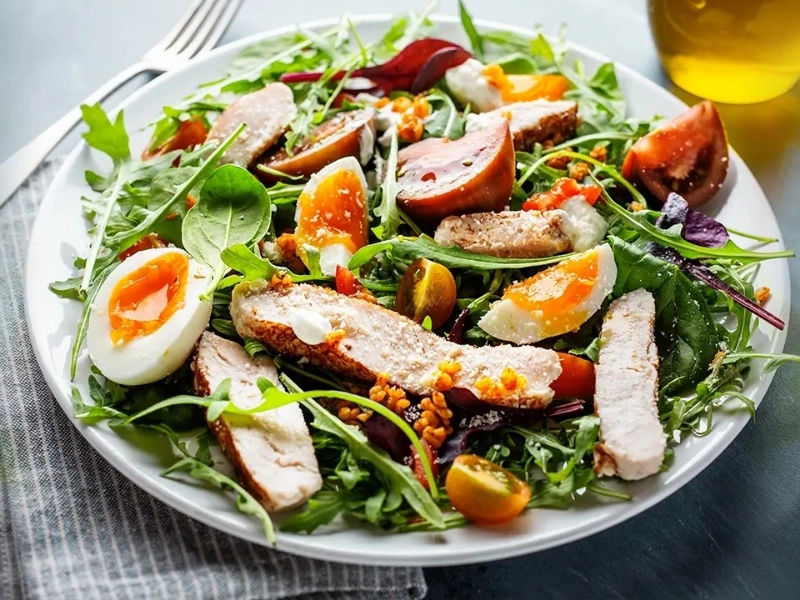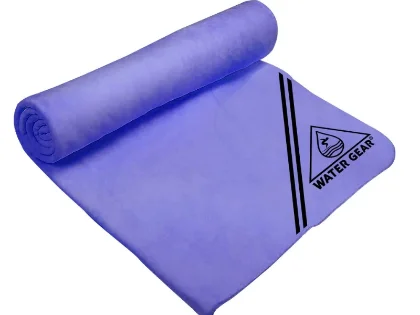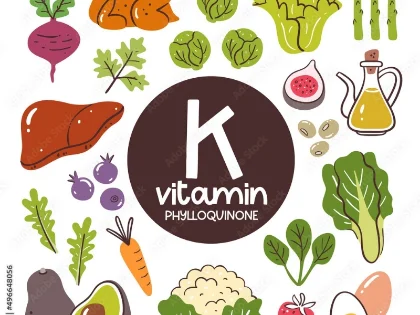Boosting Testosterone Levels Naturally With Vitamin D
It is commonly recognized that vitamin D helps the body absorb calcium, strengthens the immune system, and fortifies bones. However, it also appears to be directly related to testosterone synthesis. Optimal vitamin D supplementation significantly improved participants' total and free testosterone levels over the course of a year-long trial, according to researchers. We'll talk about the best all-natural strategies for naturally raising your hormone levels.
Magnesium

Zinc
 Your doctor might advise Testosterone Replacement Therapy (TRT)—using gels, patches, or injections to raise levels back to normal—if you are diagnosed with low testosterone. Your test results can be raised, though, if you increase your vitamin D consumption and adopt other healthy lifestyle adjustments.
Zinc is another mineral that supports healthy hormone production and may raise baseline testosterone levels. Men who consumed meals high in zinc had higher testosterone levels than those who did not, according to research. Lamb, grass-fed beef, yogurt, pumpkin seeds, and eggs are a few foods high in zinc.
Both the regular production of testosterone and the health of your bones depend on vitamin D. Low testosterone levels have been linked to vitamin D insufficiency, according to a new study. Therefore, it's crucial to monitor your vitamin D levels using InsideTracker and follow scientifically-based guidelines to optimize them. Testosterone levels increased dramatically in men who took 3,332 IU of vitamin D daily for a year, according to the study.
Your doctor might advise Testosterone Replacement Therapy (TRT)—using gels, patches, or injections to raise levels back to normal—if you are diagnosed with low testosterone. Your test results can be raised, though, if you increase your vitamin D consumption and adopt other healthy lifestyle adjustments.
Zinc is another mineral that supports healthy hormone production and may raise baseline testosterone levels. Men who consumed meals high in zinc had higher testosterone levels than those who did not, according to research. Lamb, grass-fed beef, yogurt, pumpkin seeds, and eggs are a few foods high in zinc.
Both the regular production of testosterone and the health of your bones depend on vitamin D. Low testosterone levels have been linked to vitamin D insufficiency, according to a new study. Therefore, it's crucial to monitor your vitamin D levels using InsideTracker and follow scientifically-based guidelines to optimize them. Testosterone levels increased dramatically in men who took 3,332 IU of vitamin D daily for a year, according to the study.
Omega-3 fatty acids
 The gonads—the ovaries in women and the testicles in men—are where testosterone is made. It influences the maturation of fundamental sexual traits and reproductive processes. Men and women should both strive to keep their testosterone levels in a healthy range.
Age-related declines in testosterone levels are normal, but eating a healthy diet can stimulate the body's production of this sex hormone. Fatty fish, foods rich in zinc, magnesium, and vitamin D—all of these foods can help raise hormone levels.
The minerals folic acid, potassium, and inositol are also critical for preserving testosterone levels. There are many different types of foods that are high in these nutrients.
Swiss chard and other leafy greens are excellent sources of magnesium. Oysters, red meat, fish, eggs, dairy products, and nuts are excellent sources of zinc. Since sugar causes the body to lose testosterone, eating a low-sugar diet is also crucial.
The gonads—the ovaries in women and the testicles in men—are where testosterone is made. It influences the maturation of fundamental sexual traits and reproductive processes. Men and women should both strive to keep their testosterone levels in a healthy range.
Age-related declines in testosterone levels are normal, but eating a healthy diet can stimulate the body's production of this sex hormone. Fatty fish, foods rich in zinc, magnesium, and vitamin D—all of these foods can help raise hormone levels.
The minerals folic acid, potassium, and inositol are also critical for preserving testosterone levels. There are many different types of foods that are high in these nutrients.
Swiss chard and other leafy greens are excellent sources of magnesium. Oysters, red meat, fish, eggs, dairy products, and nuts are excellent sources of zinc. Since sugar causes the body to lose testosterone, eating a low-sugar diet is also crucial.
Ashwagandha
 In addition to being used for millennia in India as a stress reliever, ashwagandha is also said to raise testosterone levels. Ashwagandha helps to reset hormones and has been demonstrated in studies to enhance testosterone and sperm count in males with low sperm counts.
Numerous foods contain vitamin D, which is also produced by your skin naturally when it is exposed to UV radiation from the sun. You may obtain adequate vitamin D by getting 20 to 30 minutes of sun exposure each day. This can naturally increase testosterone and libido.
But before including any supplements in your diet, it's crucial to see your doctor. Certain Ayurvedic herbs may interact with certain pharmaceuticals and have been linked to elevated blood sugar and cholesterol levels. Additionally, hazardous heavy metals like lead and mercury may be included in some herbal preparations. Make sure you're taking the recommended dosage of supplements by speaking with your doctor before making any purchases and by testing your testosterone levels at home.
In addition to being used for millennia in India as a stress reliever, ashwagandha is also said to raise testosterone levels. Ashwagandha helps to reset hormones and has been demonstrated in studies to enhance testosterone and sperm count in males with low sperm counts.
Numerous foods contain vitamin D, which is also produced by your skin naturally when it is exposed to UV radiation from the sun. You may obtain adequate vitamin D by getting 20 to 30 minutes of sun exposure each day. This can naturally increase testosterone and libido.
But before including any supplements in your diet, it's crucial to see your doctor. Certain Ayurvedic herbs may interact with certain pharmaceuticals and have been linked to elevated blood sugar and cholesterol levels. Additionally, hazardous heavy metals like lead and mercury may be included in some herbal preparations. Make sure you're taking the recommended dosage of supplements by speaking with your doctor before making any purchases and by testing your testosterone levels at home.









